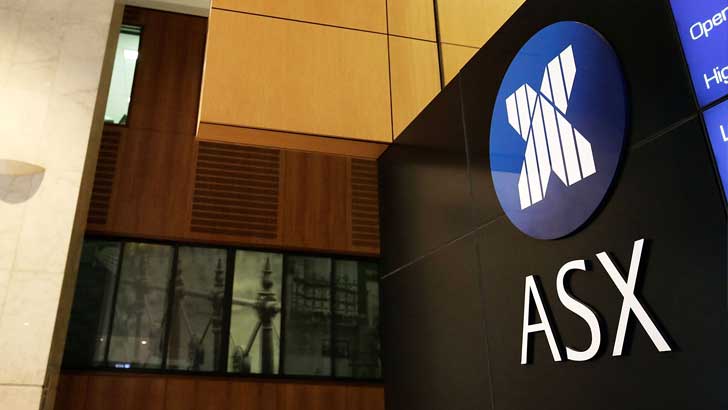Why you need to stop waiting for the market to crash
By Dale Gillham
This week the Australian stock market fell more than 2% and while this may add fuel to those who are propagating that the market will crash, we need to look at the bigger picture rather than what occurs on any one day or week.
The Australian stock market is top heavy with two of the 11 sectors effectively determining the direction of our market. The financial sector accounts for just under 30% of our total market while the materials sector accounts for just under 20%. Given this, it is not surprising to see the market is down this week, as both of these sectors fell heavily on Thursday. For the market to crash, we would need to see both sectors continue to fall considerably, which is unlikely.
In 2007, the financial sector crashed 66% during the GFC, and while it rose from early 2009 to a high in 2015, it has failed to rise above this high and is currently trading around 10% lower than the 2007 high. The materials sector is also trading below its 2007 high but only just, as it broke above that level in May 2021 only to fall away again in the last month.
So what does this mean? Stock markets typically crash because of rampant speculation, which is an emotionally charged bull run where the masses suffer from the fear of missing out (FOMO). This also leads to the overuse of leveraging, as those with FOMO scramble to find as much cash as they can in an effort to profit from the bull market.
Economically, Australia is in a good place compared to most western nations and there are currently no signs of rampant speculation in the market, where we also typically have higher levels of inflation. While we are experiencing an uncertain economy and a rise in inflation, according to the RBA this is just temporary.
We are also not seeing any signs of an increased uptake with leveraging because if this was the case, the stock market would be incredibly bullish right now. What we are seeing is higher levels of borrowing in the property market, which is forcing housing prices to rise to unprecedented levels in many areas. This in itself also supports the theory that the stock market will not crash, as money flowing into property cannot be invested in the stock market causing it to become overheated.
The best and worst performing sectors this week
The best performing sectors include Healthcare, Communication Services and Industrials, which are all down under 1%. The worst performing sectors include Materials down nearly 5% followed by Energy and Information Technology, which are both down just under 3%.
The best performers in the ASX/S&P top 100 stocks include Washington Soul Pattinson up more than 5% followed by Crown Resorts and Macquarie Group, which are both up more than 3%. The worst performing stocks include Fortescue Metals down more than 14% followed by Mineral Resources and Beach Energy, as they are both down more than 7%.
What's next for the Australian share market
The Australian stock market was lackluster this week until Thursday. Prior to Thursday, the All Ordinaries Index only moved 0.5% higher over the prior 16 trading days, yet on Thursday it fell 1.90%.
In my last report, I mentioned that a break above the previous high would signal the continuation of an uptrend while a break below the low of 7,700 points would signal the start of a downtrend. The All Ordinaries Index fell to 7,635 points on Thursday, therefore, it now looks like the probability has swung towards the market being more bearish, which means we can reasonably expect further falls over the coming weeks
If this is correct, I expect the next low to occur sometime between the last week of September and mid-October, with the market likely to fall below 7200 points, which is simply a reflection of normal market fluctuations.
Get stories like this in our newsletters.



